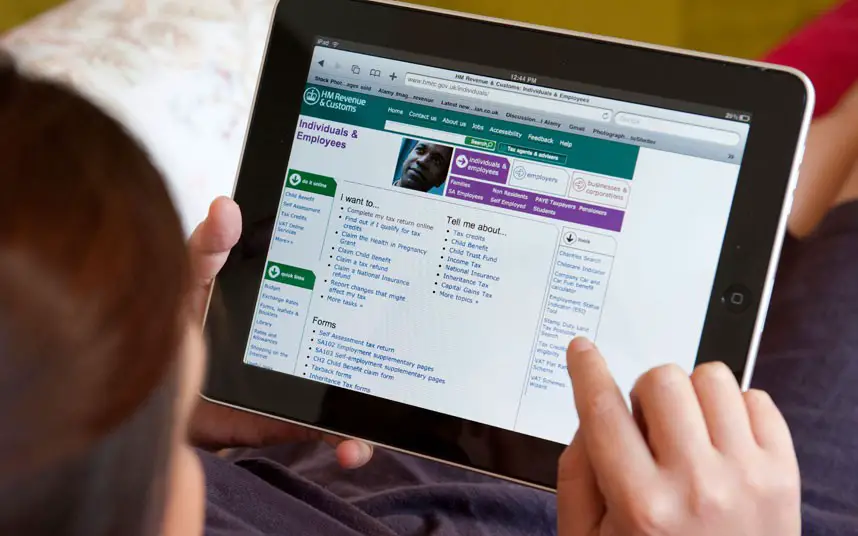In his latest Finance on Friday column for Altrincham Today, Joel Adams from LIFT-Financial says that now is the time to get your tax affairs in order.
It seems a little odd to write about tax in the middle of the tax year, but now is in fact an opportune time to make sure you are financially well organised for all of your tax affairs.
Firstly, paper tax returns still need to be filed before 31st October each year for the previous tax year. If you are submitting a return online then you still have until the following 31st January. However, if you haven’t filed a return before, it isn’t straightforward to register for the Self Assessment service so I would definitely advocate starting early.
Start by filling in an SA1 and sending it to HMRC – you can download it here. When you have your Unique Taxpayer Reference you can go ahead and register for Self Assessment online.
All self-employed people have to submit a tax return, but for those of us who are employees, many who need to submit a tax return for the first time fail to spot the signs that would trigger them to have to do so. There are a few triggers that you should look out for:
- Changes in your income – if your earnings exceed £100,000 in any year
- Additional sources of income – if you have rented a property for the first time, for instance
- Becoming a company director – all directors are required to file a return
- If your income is over £50,000 and you or your partner are still claiming child benefit
- You have income from savings and investments of over £10,000 pa
If any of these apply to you then you will be required to submit a return. Historically, HMRC sent tax returns to all taxpayers who needed to submit a return, but stopped doing that when Self Assessment was introduced. Self Assessment is what it says – you are expected to know the circumstances when a return is required and ignorance is not an excuse! Tax returns filed late will attract an automatic fine of £100 and potential interest and penalties based on any tax due, so it is always best to make sure your tax affairs are dealt with in a timely fashion.
Completing a tax return does not necessarily mean that you will have more tax to pay. If you do, however, you have to pay it by the 31st January in the tax year following receipt of the income – so, for income earned between 6th April. 2013 and 5th April, 2014, you have until 31st January, 2015 to complete your tax return and pay any tax due. Self employed people may also have to make their first payment on account for the current tax year on the same date.
Tax can be taxing, so please make sure you seek the help of a suitably qualified professional if you need it. Next week, we’ll turn our attention to the (legitimate) ways we can all help reduce the amount of tax we pay.









